A Genealogy Speaker’s Life
Join me for a peek inside this speaker’s life. Last week I was in Provo, Utah for the BYU Conference on Family History & Genealogy, with production assistant (and awesome daughter!) Hannah by my side. It was a full week of teaching (6 sessions),...Mexican Genealogy: Finding Abuela in New and Updated Genealogical Records for Mexico this week
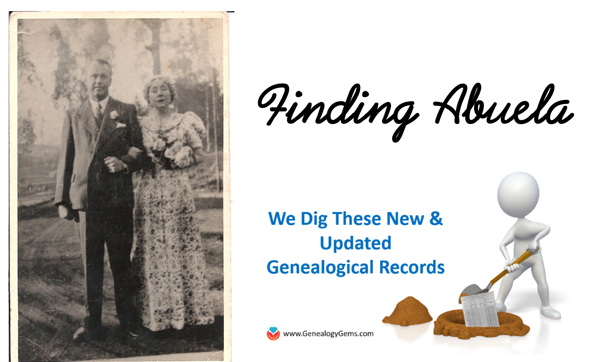
Mexico – Church Records
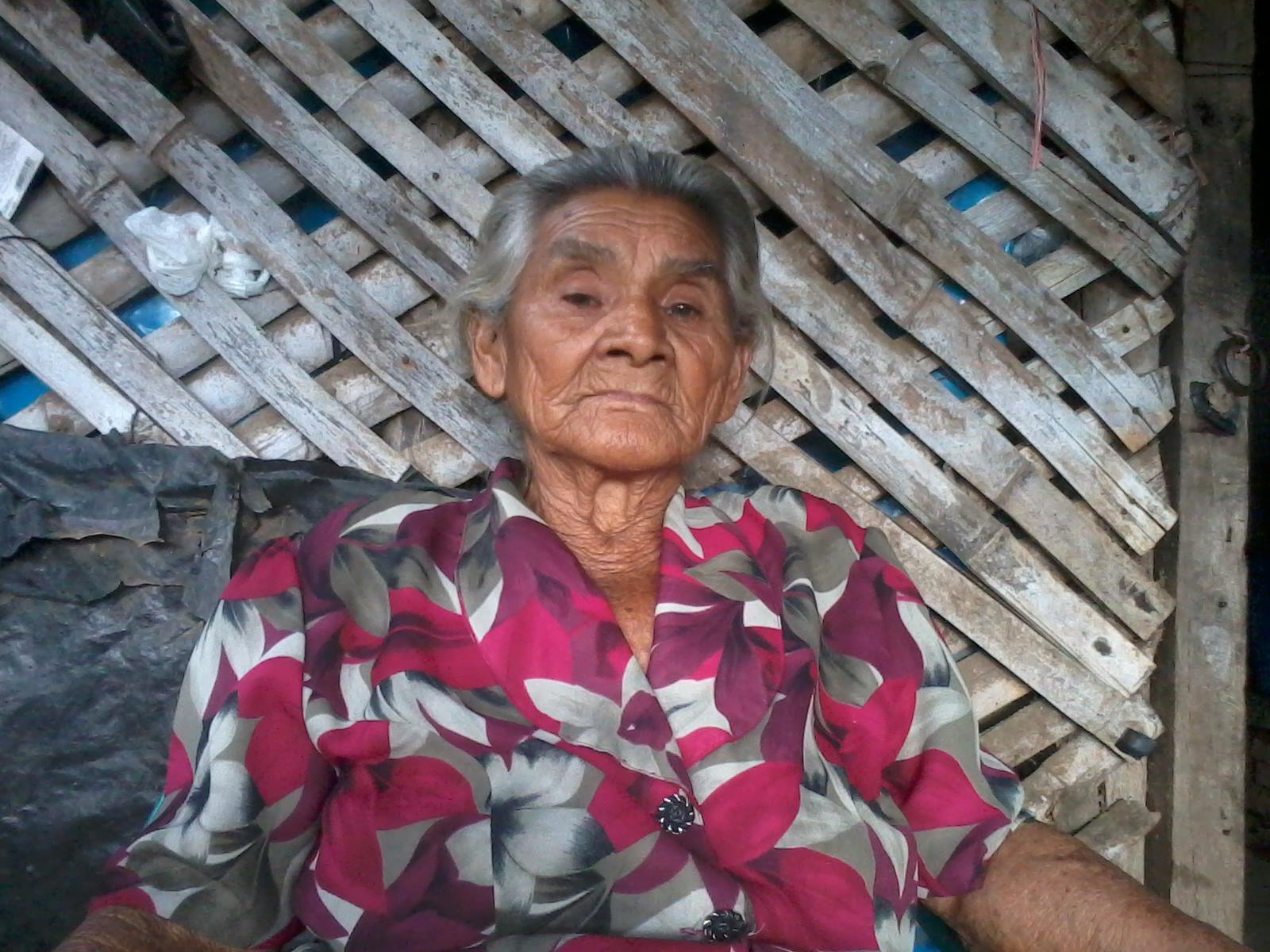
Abuela Francisca Ramos. Photo used with permission from the family.
FamilySearch has updated and added thousands of new Catholic church records in their Mexican genealogy databases. These church records cover many areas of Mexico, but in particular, the Hidalgo, Puebla, Jalisco, and Guanajuato databases have all reached over 1 million records. The years covered will vary, but the earliest records are from the 1500s and as recent as the 1970s.
These Catholic church records include baptismal records, marriage records, deaths, and other miscellaneous records that may contain valuable genealogical data for your ancestors. Check out the following databases for Mexican genealogy below:
England – Norfolk – Church Records
The second database is titled, Norfolk Bishop’s Transcripts Marriages 1685-1941 and contains over 157,000 records. Each record includes a transcript and may include the birth year, date of marriage, place of marriage, and the name of their spouse as well as an image of the original document.
Thirdly, the Norfolk Bishop’s Transcripts Burials 1685-1941 collection will allow you to search over 434,000 Bishop’s transcripts of Norfolk burials to discover your ancestor’s final resting place. Transcripts will also reveal when they died and their age at death. Images of original documents may reveal additional information such as the name of the minister who performed the ceremony, your ancestor’s date of death and, occasionally, their cause of death.
Finally, the Norfolk Electoral Registers 1832-1915 containing over 4.5 million records may be just want you are looking for. Electoral registers were first created in 1832. Every year, a new electoral register was created to list the name of every individual eligible to vote. Voting was closely linked to the possession of property; therefore, the registers described the type of property owned or rented by the individual.
Electoral registers are an invaluable resource to trace your ancestors between the census years. Each entry in the Norfolk Electoral Registers 1832-1915 will include an image of the original register and a transcript of the facts listed. Transcripts will list your ancestor’s name, the place they registered, the district and the year they were registered. Images will provide additional information such as you’re their address and the type of property they owned or rented.
Australia – Victoria – Birth Records
Also at Findmypast, over 104,000 records have been added to the Victoria Births collection. These civil registration records may reveal your ancestors birth place, birth year, parent’s names and registration number. The entire collection now contains over 1.9 million records spanning the years 1837 t0 1917.
England & Scotland – Newspapers
Over 1.6 million articles and 13 brand new titles have been added to Findmypast’s collection of historic British Newspapers. The new additions cover the North West and South East of England, a number of Scottish counties, Nottinghamshire, and Bournemouth. The new Scottish titles include the Haddingtonshire Courier, Linlithgowshire Gazette, Ross-shire Journal, Rothesay Chronicle, Kinross-shire Advertiser, Peeblesshire Advertiser, and the Scottish Referee.
Canada – Quebec – Various Record Collections
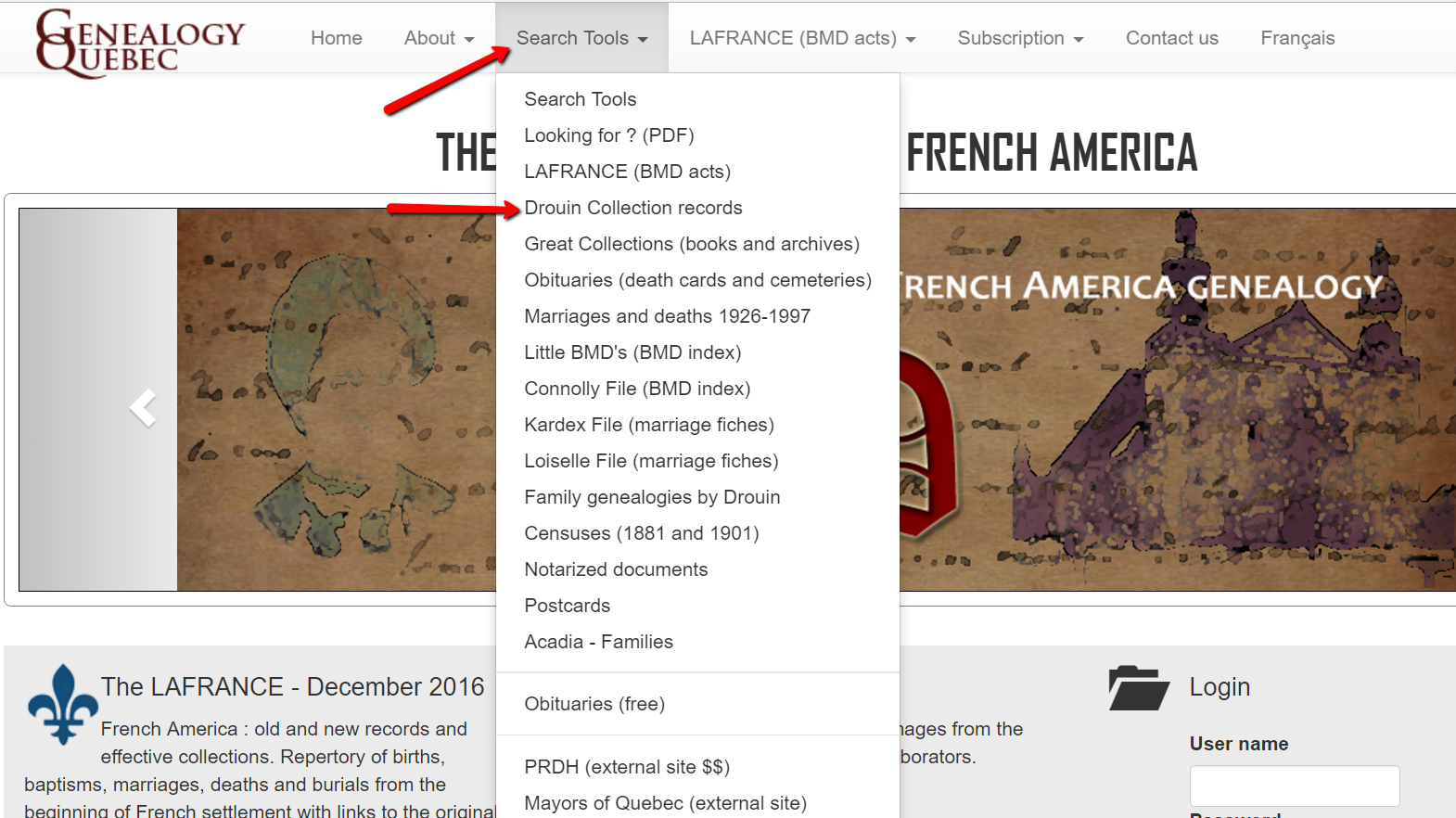
To access the Drouin Institute record collections, you will need to visit GenealogyQuebec.com. It is subscription based website. Subscription information can be viewed here.
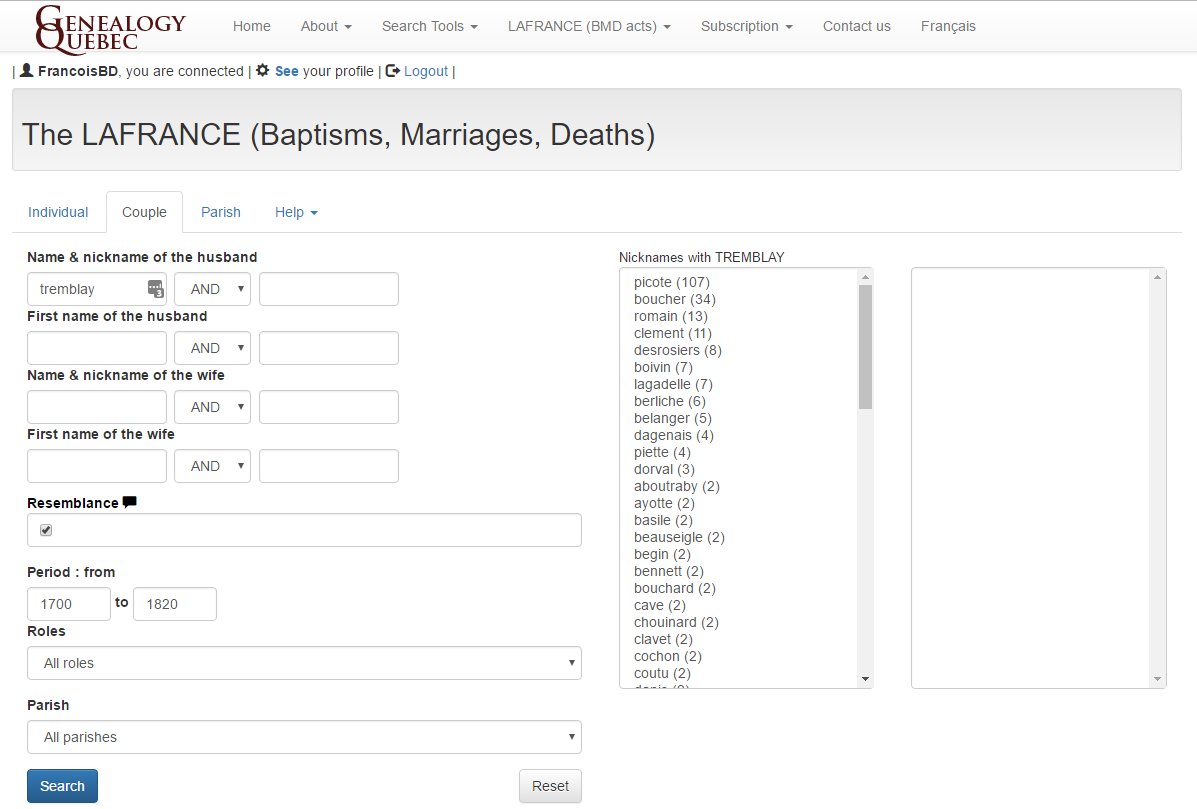
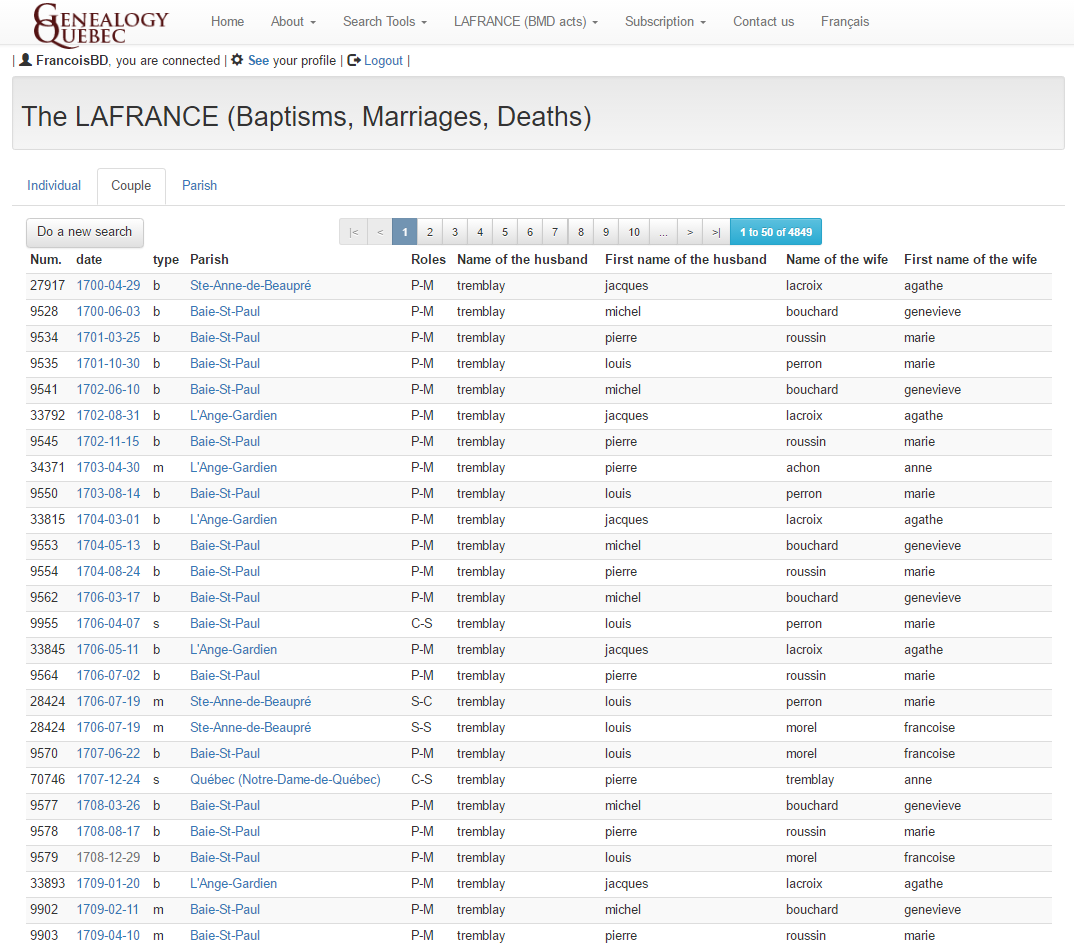
Currently, the LAFRANCE covers the entirety of the 1621 – 1849 period for Catholic baptisms and burials, as well as, the 1621-1916 period for Catholic marriages. In addition, the LAFRANCE covers the 1760 – 1849 period for Protestant marriages.
The LAFRANCE’s index is particularly valuable and appreciated by English speakers, as it negates the need to read and understand French in order to obtain all the relevant information from a record.
WWI Holdings
The Library of Congress has launched a comprehensive portal to its extensive WWI holdings. This one-stop portal is designed to help you search WWI subject material with ease. Search things like propaganda posters, letters, diaries, newspapers, and more. It is a wonderful site for not only the genealogist, but the avid historian as well.
More on Mexican Genealogy
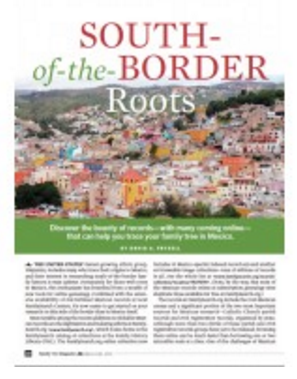 The Mexican Genealogy Guide by David A. Fryxell from Family Tree Magazine will help you discover the bounty of records in Mexico. This digital download will help you understand naming practices, pinpoint ancestral whereabouts, and how to best navigate church records there.
The Mexican Genealogy Guide by David A. Fryxell from Family Tree Magazine will help you discover the bounty of records in Mexico. This digital download will help you understand naming practices, pinpoint ancestral whereabouts, and how to best navigate church records there.
Disclosure: This article contains affiliate links and Genealogy Gems will be compensated if you make a purchase after clicking on these links (at no additional cost to you). Thank you for supporting Genealogy Gems!
Tell Your Ancestor’s Story: Use Social History for Genealogy
Do you wish you knew more about your ancestor’s everyday life experience? Use social history for genealogy: to fill in the gaps between documented events.
Recently we heard from Barbara Starmans, a social historian, genealogist and longtime listener of three of Lisa’s podcasts. She wrote to share a new blog she started.
“While I’ve maintained my Out of My Tree Genealogy blog for many years, I’ve just launched The Social Historian, a longform story website featuring social history themed articles from across the centuries and around the world.”
Social history is about “the lives of ordinary people,” explains Barbara. “It is a view of history from the bottom up, rather than from the top down…. [It’s about] understanding…how people lived, worked and played in their daily lives. It is often the minutia of someone’s life that tells the story of who they were and what they believed in.”
“By exploring social history, you will be able to research all the circumstances of your ancestors’ lives and to build their life stories from the details you find.” Barbara send us a great list that we adapted and boiled down to a few core topics:
- Life cycle: Birth and birthing customs, health and lifestyle practices, medicine, diseases and epidemics, mental health, mortality rates, death and burial customs.
- Life at home: Clothing and fashion, food and cooking, housekeeping, land and property, alcohol and drug use.
- Life at work: Economy (prices, cost of living and salaries), occupations, working conditions and the labor movement, businesses and employers, social welfare and relief.
- Relationships: Morality, marriage and divorce, children and childhood, ethnicity and prejudices,
- Community life: Celebrations and holidays, traditions, education, language and literacy, religion/church, faith, crime and punishment, societal unrest, leisure pursuits.
- Game changers: War, emigration, inventions, transportation, communication, slavery and emancipation.
Barbara’s social history blog gives lots of great examples of her belief that “beyond just names and dates, those who came before us have a story to tell….By learning about their time and place and how they lived in it, you can add to your understanding of who they were.”
Resources
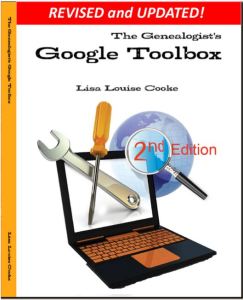
The Genealogist’s Google Toolbox by Lisa Louise Cooke is packed with strategies for learning about your ancestors’ lives online. There’s an entire chapter on using Google Scholar for genealogy!
Where can you look for social history online? I’d start with these sites:
1. Make sure you’re using all of Google’s fantastic resources, including Google Books and Google Scholar
2. Click to find Social history resources at the Library of Congress
3. American Social History Project at the City University of New York
Have fun! I think learning about the everyday lives of our ancestors is one of the most fascinating parts of family history.

